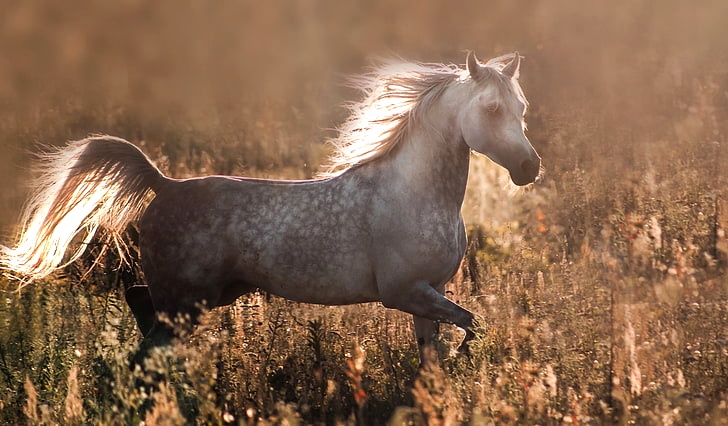Vitamin E is an essential nutrient for horses, and supplementation is often recommended to ensure that your horse’s diet contains adequate levels of this important vitamin. But does your horse really need a vitamin E supplement? This article will discuss the importance of vitamin E for horses, the benefits of supplementation, and how to tell if your horse needs a vitamin E supplement.
What is Vitamin E and Why is it Important for Horses?
Vitamin E is an essential nutrient for horses, and it is essential for a wide range of physiological processes. Vitamin E is a fat-soluble vitamin that acts as an antioxidant, protecting cells from damage caused by free radicals. It also helps to maintain a healthy immune system, prevents muscle damage, and helps with reproductive health.
In addition, vitamin E is important for the absorption and utilization of other nutrients, such as selenium, vitamin A, and fatty acids. For this reason, it is essential to ensure that your horse’s diet contains adequate levels of vitamin E.
Benefits of Supplementing with Vitamin E
Supplementation with vitamin E can provide a number of benefits for horses. This includes:
• Improved immunity: Vitamin E has been shown to help support a healthy immune system and reduce the risk of infection in horses.
• Improved muscle health: Vitamin E has been shown to reduce exercise-induced muscle damage and improve recovery following exercise.
• Improved fertility: Vitamin E has been shown to improve fertility in mares, and it may also improve the quality of stallion semen.
• Improved hoof health: Vitamin E has been shown to improve hoof health in horses, and it may also reduce the risk of laminitis.
How to Tell if Your Horse Needs a Vitamin E Supplement
In most cases, if your horse is receiving a balanced diet that contains adequate levels of vitamin E, then supplementation is not necessary. However, if your horse is at risk of being deficient in vitamin E, then supplementation may be beneficial.
Signs that your horse may be deficient in vitamin E include muscle weakness, impaired vision, poor fertility, and hoof problems. If your horse is displaying any of these signs, then it is important to have their diet evaluated by a professional to determine if a vitamin E supplement is necessary.
Conclusion
Vitamin E is an essential nutrient for horses, and supplementation may be beneficial for horses that are at risk of being deficient in this important vitamin. If your horse is displaying signs of deficiency, then it is important to have their diet evaluated by a professional to determine if a vitamin E supplement is necessary.

